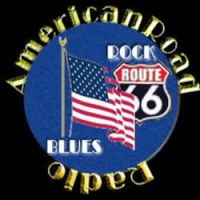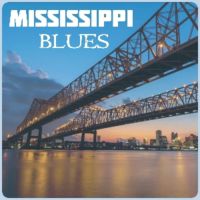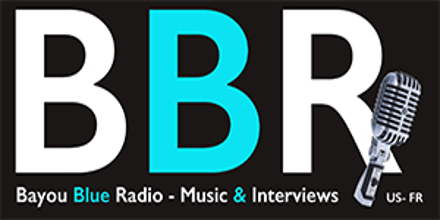The blues is a deeply rooted and emotionally resonant music genre that originated in the African American communities of the Deep South in the United States during the late 19th and early 20th centuries. It emerged from a blend of spirituals, work songs, field hollers, shouts, chants, and simple narrative ballads. The blues is characterized by its use of blue notes—notes that are played or sung at a slightly lower pitch than standard tuning—and a call-and-response pattern, which reflects the African musical tradition.
The genre typically features a 12-bar structure, though variations exist, with lyrics that often convey themes of hardship, sorrow, and longing. The blues scale, which includes flattened thirds, fifths, and sevenths, gives the music its distinctive mournful sound. Instruments commonly associated with the blues include the guitar, harmonica, piano, bass, drums, and sometimes the saxophone or trumpet.
Early blues musicians like Robert Johnson, Muddy Waters, B.B. King, and Howlin' Wolf laid the foundation for the genre, often performing in juke joints, street corners, and rural communities. The music spread from the Mississippi Delta to urban centers like Chicago and Memphis, evolving into different sub-genres such as Delta blues, Chicago blues, Texas blues, and Piedmont blues.
Delta blues, originating from the Mississippi Delta region, is known for its raw, acoustic sound and deeply personal lyrics. Artists like Charley Patton and Son House exemplified this style with their powerful vocals and intricate guitar playing. Chicago blues, on the other hand, emerged in the 1940s and 1950s as rural musicians migrated to the city, bringing their music with them. Electric instruments became prevalent, giving the blues a more amplified and energetic sound. Muddy Waters and Willie Dixon were pivotal figures in this transformation.
The influence of the blues extends far beyond its regional origins. It has significantly impacted various genres, including rock 'n' roll, jazz, R&B, and country music. Musicians like Elvis Presley, The Rolling Stones, and Eric Clapton have cited the blues as a major inspiration for their work. The blues also played a crucial role in the civil rights movement, with songs like "We Shall Overcome" and "A Change Is Gonna Come" becoming anthems of resistance and hope.
The legacy of the blues is vast and enduring. Festivals like the Chicago Blues Festival and the New Orleans Jazz & Heritage Festival celebrate the genre's rich history and continuing relevance. Contemporary artists such as Bonnie Raitt, Keb' Mo', and Gary Clark Jr. carry on the tradition, blending traditional blues elements with modern influences to create fresh and innovative music.
The blues is more than just a musical genre; it is a cultural artifact that reflects the struggles, joys, and resilience of African American communities. Its emotive power and timeless appeal continue to captivate audiences worldwide, making it an essential part of America's musical heritage.
 3.7k
3.7k
 9
United States Blues 128 kbps MP3
9
United States Blues 128 kbps MP3 3k
3k
 4
United States, Houston Blues 128 kbps MP3
4
United States, Houston Blues 128 kbps MP3 2.6k
2.6k
 4
United States, Los Angeles Blues 128 kbps MP3
4
United States, Los Angeles Blues 128 kbps MP3

































